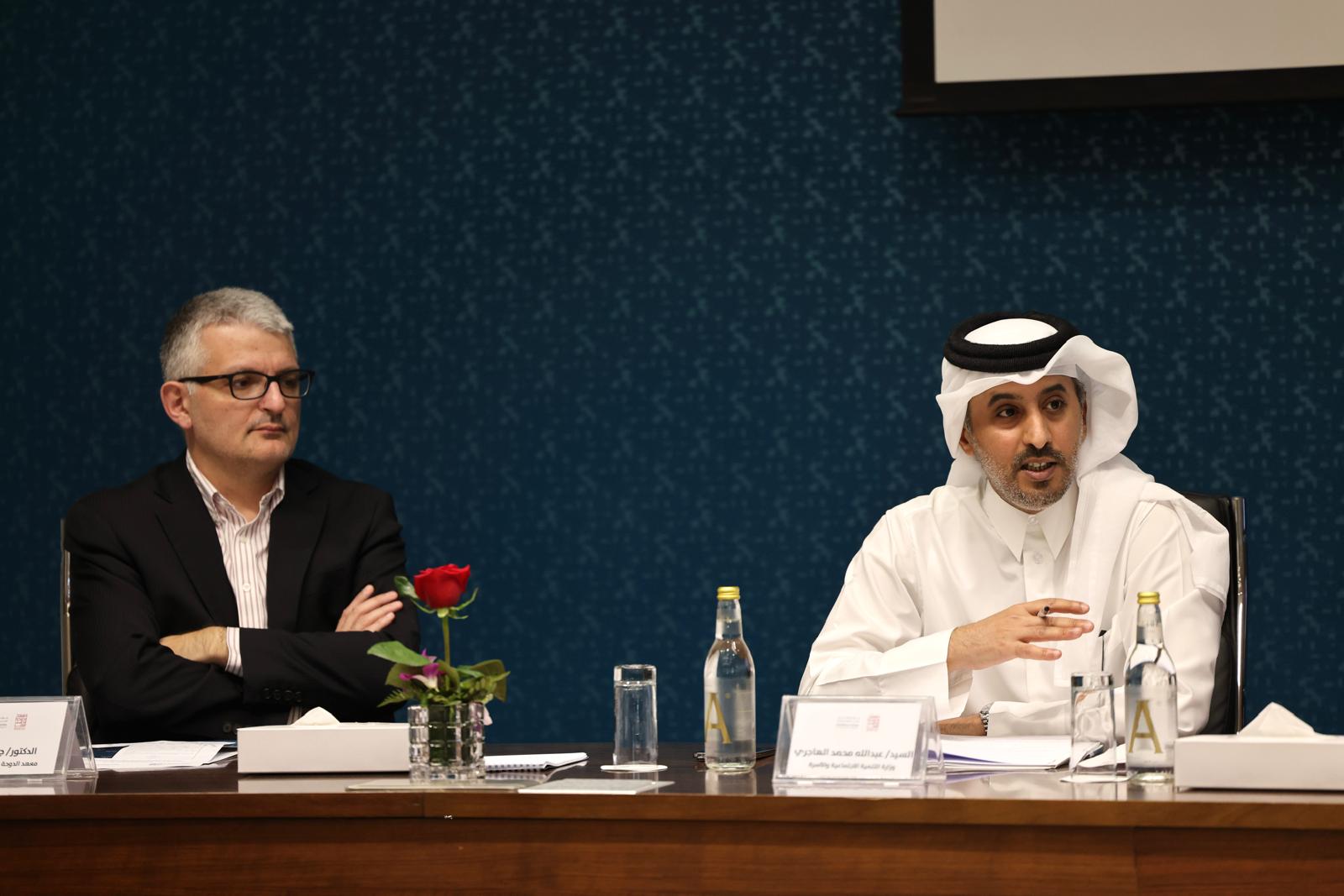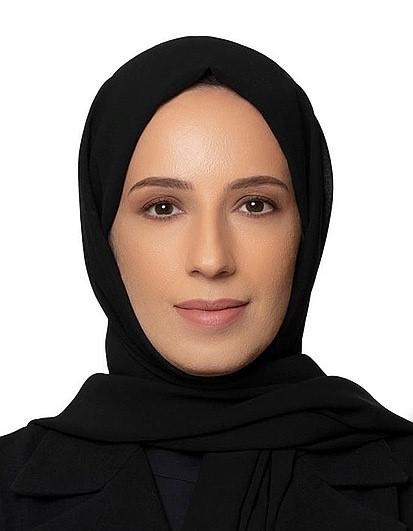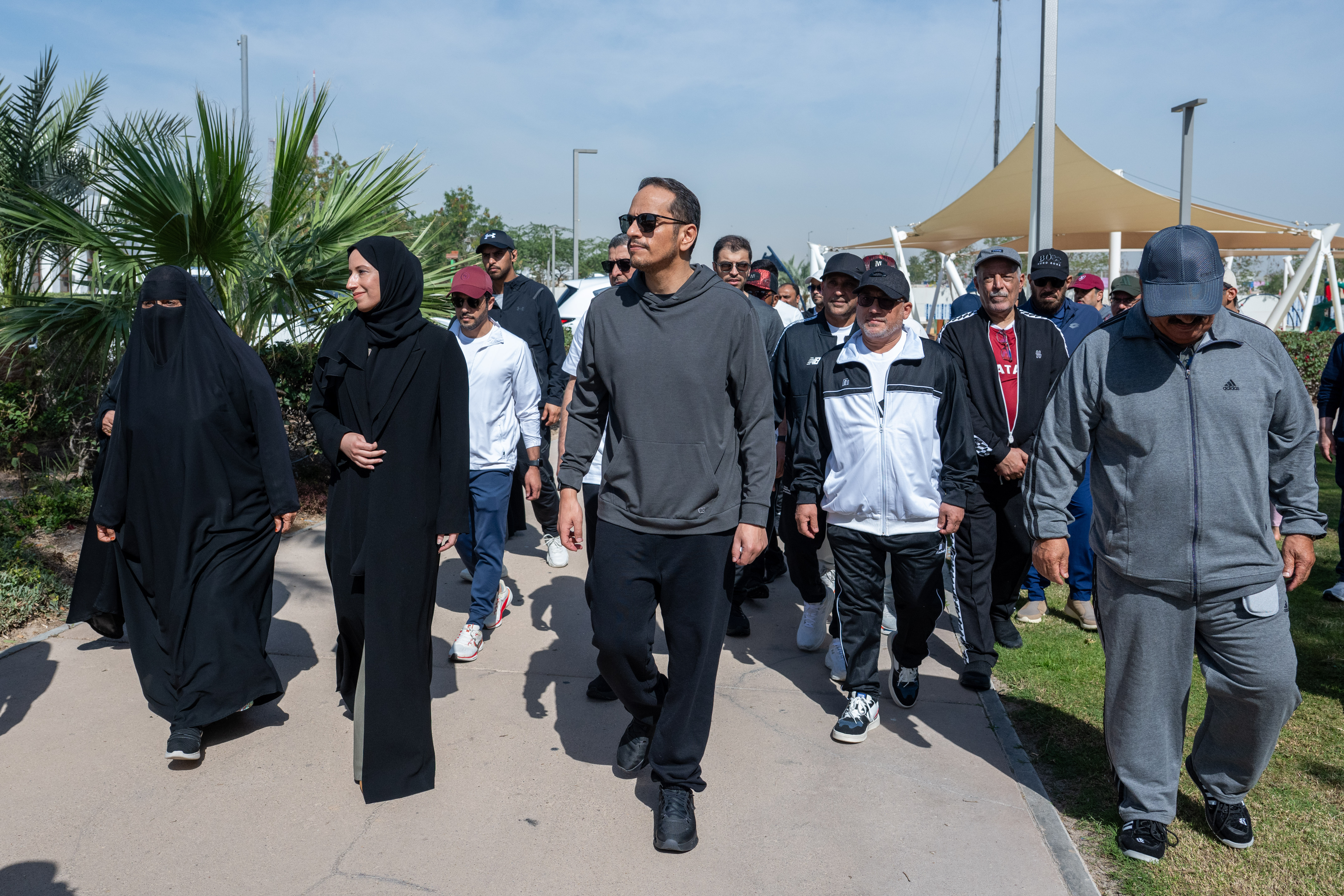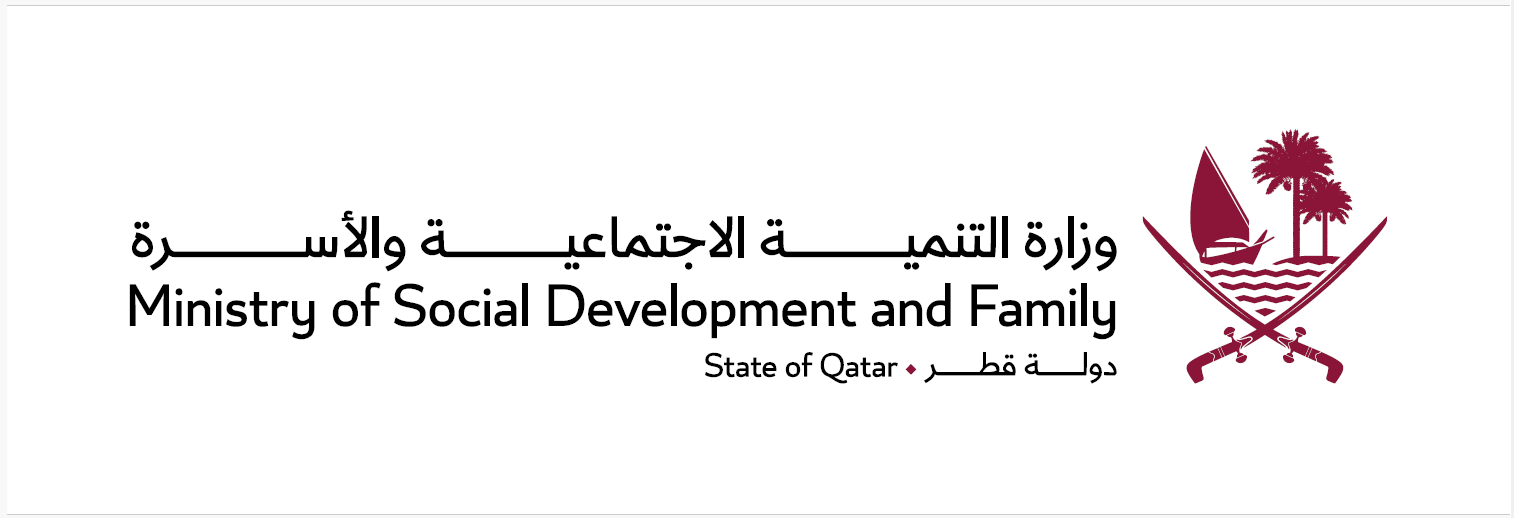MSDF educates its employees about global warming
The Ministry of Social Development and Family (MSDF), represented by the Public Relations and Communication Department, in cooperation with the Ministry of Environment and Climate Change (MoECC), organised a lecture on ‘Environmentally Friendly Practices’ on October 30 at the Ministry’s headquarters.
Susan Mohamed, International Sustainability Advisor at the Ministry of Environment and Climate Change gave the lecture.
The lecture aims to spread environmental awareness among all members of society by providing accurate information about environmental problems and presenting the most important environmentally friendly practices.
During this lecture, Mohamed addressed many topics, including presenting the United Nations Climate Change Report for 2023, identifying greenhouse gases, identifying the causes of global warming, raising public awareness about the environmental problems caused by global warming, and presenting the most important environmentally friendly practices to address climate change.
She began the lecture by playing a video explaining the most important problems of global warming. Then the attendees were introduced to the causes of climate change and the role of humans in causing these environmental problems.
Mohammed said that global warming is the general rise in the temperature of the Earth’s surface over the long term, due to the increase in the level of carbon dioxide, methane, and some other gases called “greenhouse gases,” including nitrous oxide (nitrogen dioxide), hybrid gases, and nitrogen oxide.
The International Sustainability Advisor also mentioned that the human causes of global warming include deforestation, the use of vehicles’ fuel, the addition of chlorofluorocarbons by humans to the environment, which appear in air conditioners and refrigerators, and the industrial revolution.
She said that industrial development led to an increase in the emission of harmful gases from factories, which played a major role in the rise in temperatures.
The environmentally friendly practices discussed in this lecture include monitoring personal carbon consumption, not using low-quality devices frequently, reducing the use of plastic, using solar energy as an alternative to electrical energy, caring for green spaces and planting lots of trees, using public transportation and alternative environmentally friendly means of transportation that reduce harmful gas emissions, reducing food waste, and saving water.
At the end of the lecture, an interactive competition was presented to the employees. There was great interaction from the attendees and all the questions they asked were answered.
More News

The Ministry of Social Development and Family—represented by the Private Associations and Institutions Department—in collaboration with the Excellence Center for Training and Consulting at the Doha Institute for Graduate Studies, organized a specialized panel discussion titled "Private Associations and Institutions in Qatar: Reality and Aspirations in Light of Qatar National Vision 2030."
Read more
HE Minister of Social Development and Family, Buthaina bint Ali Al Jabr Al Nuaimi, participated in the 45th session of the Arab women committee, chaired by the State of Qatar, held on Feb. 10–11, 2026, which was held virtually, with the participation of Their Excellencies ministers from Arab countries, as well as representatives of the General Secretariat of the League of Arab States and relevant organizations.
Read more
His Excellency Sheikh Mohammed bin Abdulrahman bin Jassim Al Thani, Prime Minister and Minister of Foreign Affairs, attended the 2026 National Sport Day activities organized by the Ministry of Social Development and Family (MSDF), the Qatar Foundation for Social Work (QFSW), and its affiliated centers at Al Bidda Park.
Read more
The Ministry of Social Development and Family, represented by the Family Protection Section of the Social Protection Department, is set to launch the "Gharsa Program" in collaboration with the Department of Da'wah and Religious Guidance at the Ministry of Endowments and Islamic Affairs. The inaugural event will take place on Sunday, February 8, 2026, at the Women’s Activity Building of the Department of Da'wah, from 4:00 PM to 6:00 PM.
Read more